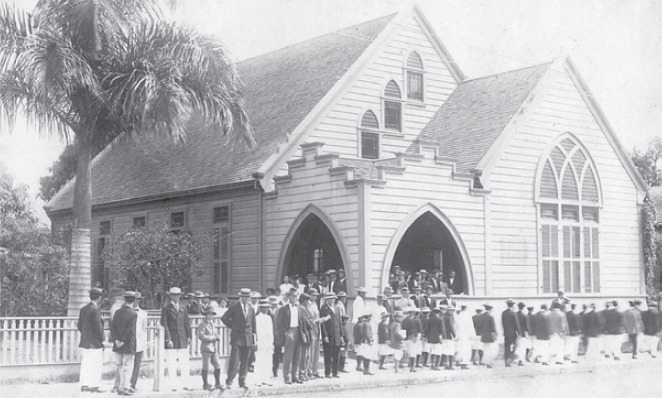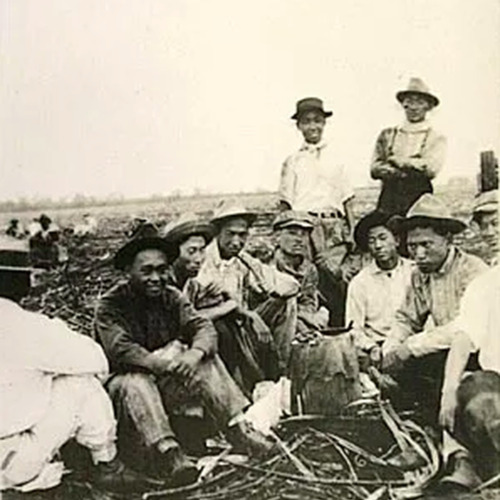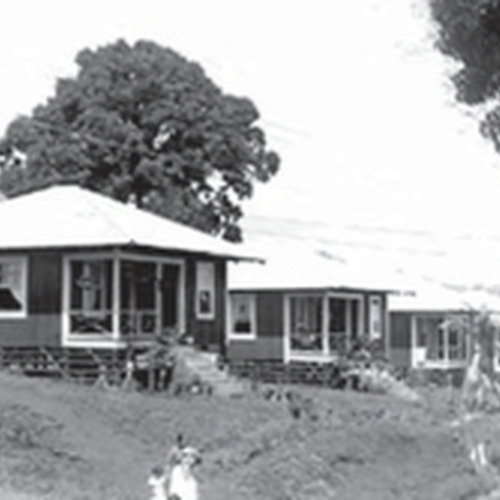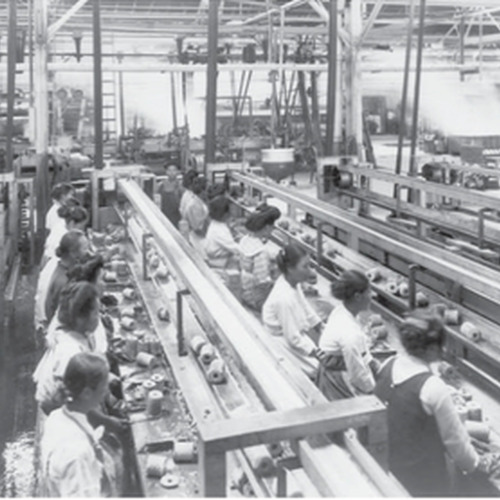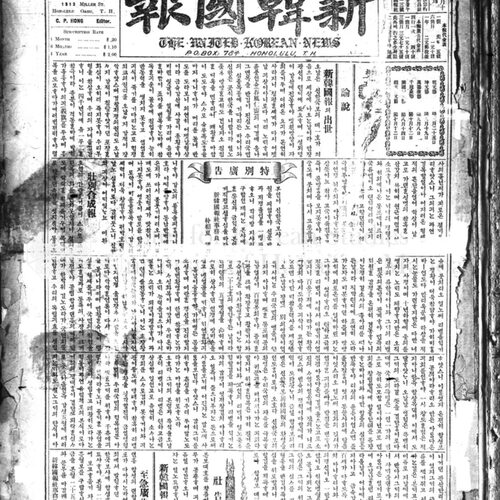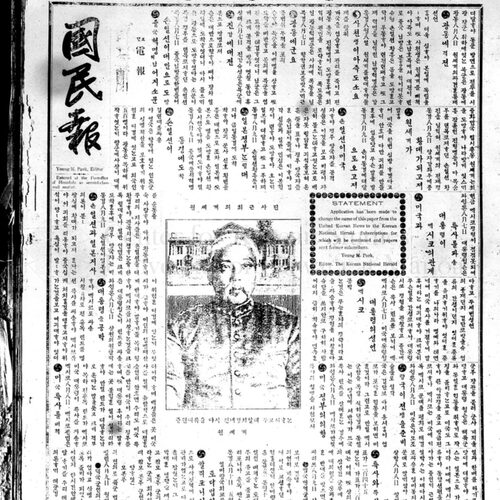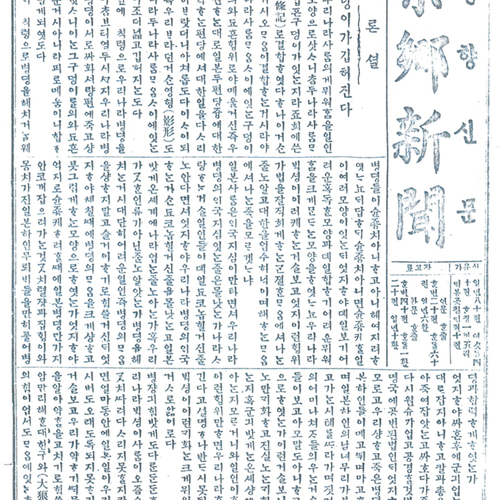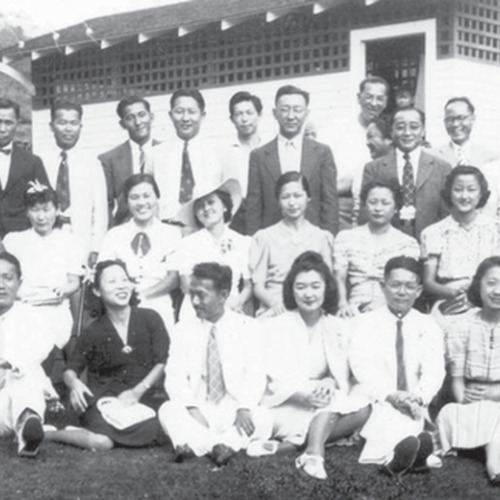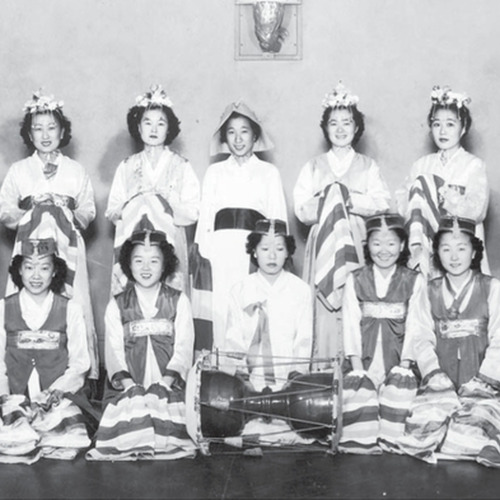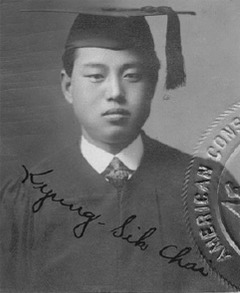Korean Life in America During the 1900-1940s
First & Second Decade: 1900-1920
Korean immigrants found work and new opportunities in Hawai'i as plantation workers. With increasing encroachment of the Japanese into Korea--and the annexation of Korea by the Japanese in 1910--more groups of Koreans immigrated to the U.S. They adapted to their surroundings by establishing churches, which became the focus of Korean plantation communities. This created a foundation for the development of other organizations such as schools and groups that had a more nationalistic focus like the Korean National Association.
For more information on the Korean National Association view the Civil Rights and Protest section.
"Footsteps of Korean Americans" Documentary
Watch until 12 minutes 37 seconds. For more information beyond 1940, continue to watch the documentary.
The Angel Island Immigration Station, located in San Francisco, opened in 1910 and provided an entrance for many Korean immigrants to live in the United States. While living in a foriegn country, Koreans were challenged with racial discrimination and hostility in public services and work opportunities. However, they persisted and adapted to their surroundings by forming Korean communities, organizations, newspapers and united goals of mutual aid and national independence.
Shinhan Minbo Newspaper
This is the translated and closeup version of the newspaper issue from above titled "Aemakaeeo Manggukmin" (There Is no One Sadder than a Ruined People). This specific issue was published in 1910 in response to the Japanese colonization of Korea. It illustrates the emotions of the Korean Americans and Koreans overseas at the time of colonization. Hover over the newspaper to read the translation.
Third & Fourth Decade: 1920-1940
After the Japanese annexed Korea in 1910, the fight for Korean independence continued in both America and Korea. Many Korean immigrants started independent businesses in cities instead of plantation life in order to provide for their children and improve economically and socially through hard work and effort. These independent businesses made sure to collect funds for national independence movements as well.
Second generation children became more Americanized and took little contribution to liberation and nationalistic activities. However, they did maintain their Korean idenitity and heritage by attending Korean churches and creating exclusive social clubs. The clubs were not only meaningful for preserving the Korean community and culture, but also provided a way for collecting funds to give the poor in Korea, Korean students, orphanages, and other charitable causes.
Immigration Act of 1924
The Immigration Act of 1924 limited the number of immigrants that could enter the United States. This prevented many groups of Koreans from entering the United states. However, the law allowed Korean students to enter if they had the proper documents and a visa.
Choi Kyung Sik was a Korean student who arrived at Angel Island Immigrant Station. Korean students who arrived after 1924 applied for visas as Japanese subjects and released from immigration inspection after a day or two. The Korean National Association did their best to greet and welcome the Korean students and offered services, such as housing, financial aid, and part-time jobs.
Below is a poem written by Choi Kyung Sik about his experience at the Angel Island Immigration Station. His poem was published on the Sinhan Minbo newspaper on April 30, 1925.
A Night at the Immigration Station
by Choi Kyung Sik
Translated by Jikyung Hwang and Charles Egan
Why are my hands,
Exhausted from crossing a vast ocean,
Now holding iron bars?
The rain cries out and wakes me up
Because it pities me.
Angel Island, sleeping tight,
No matter whether you hear this song or not,
It is the complaint of a foreign guest
Whose whole heart is burning.
Even though it's said America is wonderful,
How pathetic it has made me.
If my mother knew about this,
How shocked she would be.
This border created by rascals--
When can it be broken?
I hope people all over the world
Will become brothers soon.
April 3rd
Written on a rainy night at the immigration station on Angel Island, San Francisco, America.
